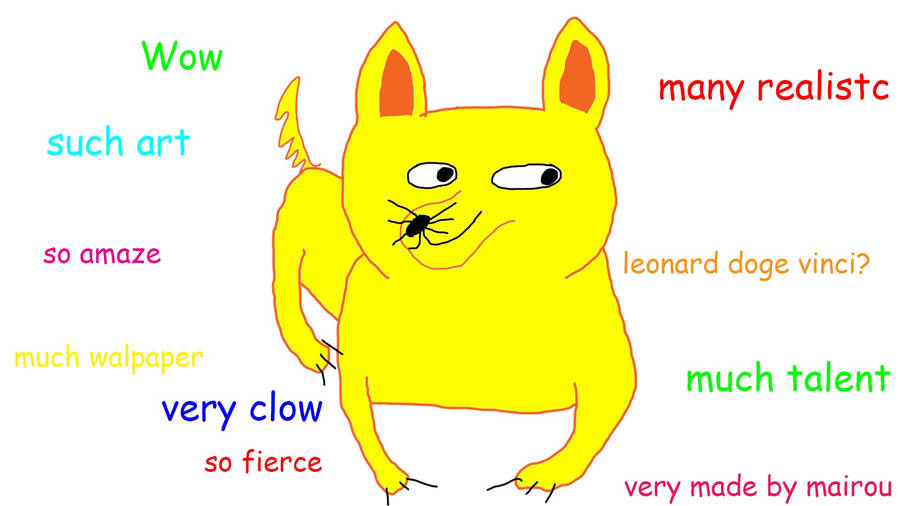Early reviews of "Go Set a Watchman," the much-anticipated sequel to Harper Lee's "To Kill a Mockingbird," are out, and the news
... is not great.
Criticism of the novel has coalesced around two main points: one, it's not written terribly well. That makes sense perfect sense, because while it takes place 20 years after "Mockingbird", Lee wrote "Watchman" some years prior, when she had less experience. Her publishers basically told her "well this is all right, but it'd be better if you did it this way..." hence "Mockingbird". In essence, it's a rough draft that got made into a full sequel.*
The second criticism of the novel intrigues me far more. So 20 years have passed since Scout Finch watched her lawyer dad defend Tom Robinson, a black man facing charges of raping a white woman, in the segregated South. Since that time, Atticus has gone to a Klan meeting or two, and supports segregation.
Naturally, there are folks saying "but Harper, HOW could you make Atticus Finch a RACIST??? He's like... such a nice guy! You've ruined my childhood!"
Really, though?
I think it's time I dusted off my Valyrian Steel Greatsword of Unassailable Truth.
You can't criticize something merely because you didn't like it. It's like, the second rule of critical analysis. You're free to think less of Atticus Finch now that he's done some unpalatable things. But that doesn't mean that the book is bad. If it's bad, it's bad for other reasons. I'm sure lots of qualified people are going to pick apart the social and political significance of whether or not Atticus Finch gives in to hatred later in life. Let 'em. I think that misses the point.
To me, the relevant issue in Mockingbird was never how Atticus Finch
feels about black people in general, though his serene demeanor and overall sense of justice suggest that he bears them no specific ill will. But the real proof of his character is that he
believes in the rule of law, and believes that a black man deserves equal protection under the law while many of his peers don't.
When the judge approaches Atticus about the case, it's clear from the conversation that they're both aware of the systemic (as well as overt) discrimination Tom Robinson is likely to face. No one else will take the case, and the jury's not likely to be kind or even fair. Atticus believes, to paraphrase John Adams, that no accused person should lack legal counsel in a free country, and so he agrees to represent Robinson to help him get a fair shot. He even goes so far as to defend Robinson against a lynch mob (with Scout's help) but he does that out of dedication not to the man, but to due process of law. Whatever his personal feelings on race, Atticus Finch knows that mob justice is no justice at all. He knows that the legal system in which he operates is inherently unfair, and feels committed to correcting that injustice in whatever small way he can.
Fast forward 60 years, to a time when symbols and actions born of overt racism are no longer seen as acceptable, but systemic racism and inequity are as strong as ever.** White people can feel more and more comfortable that we are not racists, because we bear no specific ill will to non-whites and don't use racial slurs in conversation. We are ignorant of the fact that we benefit greatly from systemic oppression. When someone points out that our tacit support for a racist system is equally as bad as, say, using the n-word, we freak out like we're being personally attacked. At that point, we tend to shut the conversation down.***
We all like to pretend we're Atticus Finch, doing as best we can for ourselves and our loved ones, with no specific malice for anyone. But we (for the most part) don't fight against the system that oppresses and destroys our fellow Americans for the crime of not having white skin. In reality we're the Maycomb jury, struggling with the decision of whether (and how hard) to fight back against a stacked deck that, to be honest, has worked out pretty well for us.
It's hard to see a paragon like Atticus Finch tarnished. But good people grow old, grow bitter, become distressed by the changes around them and the feeling that the world no longer plays by the rules that they understood to be inviolable. Ultimately, though, that's not what's important about his character. Even if Atticus Finch resents black people by the time "Watchman" takes place, the fact remains that he once took on the Herculean task of teaching a whole town an important lesson about justice (to mixed success.) He worked from within an oppressive system to fight back, in some way, against oppression.
THAT is the example we should be celebrating and attempting to emulate.
---AWG
*I haven't read the book, and honestly, I probably won't. I get this ooky feeling that Lee was coerced into publishing it, to satisfy our sequel-obsessed culture of media consumption. So there's an outside chance that I'm downplaying the...downfall... of the Atticus Finch character.
**And all the more insidious because they're subliminal, and we do our best not to refer to them. The more social privilege you enjoy, the harder it is to detect systemic bias unless someone points it out to you. Even then, you're likely at first to react defensively and attempt to shut down the dialogue.
***Check out John Metta's excellent piece "
I, Racist" and Doug Muder's "
The Distress of the Privileged" for a better understanding of the "I'm not a racist, stop playing the race card!" dynamic.

